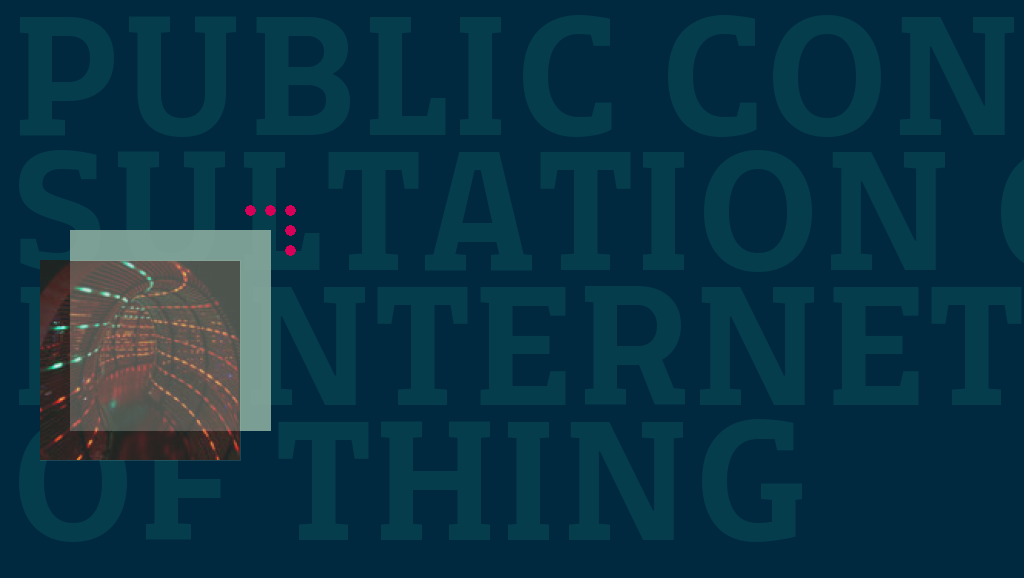Recently the European Commission released its Report on the Public Consultation on IOT Governance. IOT is the Internet of Things, and it refers to “a long term technology and market development based on the connection of everyday objects to the Internet“. The authors argue that “IOT has the potential to considerably improve the life of EU citizen by addressing many of today’s societal challenges in health, transport, environment, energy, etc“.
The public consultation shows unambiguous consensus on the fact that IOT will bring significant economic and social benefits, in particular in the fields of healthcare, independent living, support for the disabled and social interactions. Most respondents also acknowledge that IOT development raises a number of public policy issues, but their views diverge on the appropriate response and the scope for public intervention.
Issues addressed include Privacy and data collection, security and safety, security of critical IOT supported infrastructures, ethics and related procedural issues, object identifiers and governance and standards.
The conclusion states that “There is no consensus on the need for and the scope of public intervention in the field of IOT”, the problem being that in general “a large part of industry – backed by several individual respondents and academics – questioned the legitimacy of public intervention in a sector which is still in its infancy“. They continue this line of argument by suggesting that inappropriate governance will raise barriers to investment and innovation, or would be useless in case the market developed in a way different than foreseen. Policy intervention, if any, should be flexible, recognizing the diversity inherent to IOT and build on the existing legal and technological acquis.
By contrast, many individual respondents backed by civil society and consumer associations claimed that economic considerations are secondary when fundamental rights like privacy, security, and other ethical issues are at stake. End-users’ rights and autonomy should receive full protection in an IOT context. They underlined the risk that the IOT market would not develop in a competitive way and that consumers may get locked in certain technologies and / or by certain players. In their view, IOT specific rules should be developed and enforced to control the development of IOT technologies and markets. They conclude that a multi-stakeholder platform, securing appropriate representation of civilsociety, is needed to address IOT governance issues.
The report is free and can be downloaded here.
————–
(photo: Connexions Interior by Doug Zwick from Flickr)
————–
















